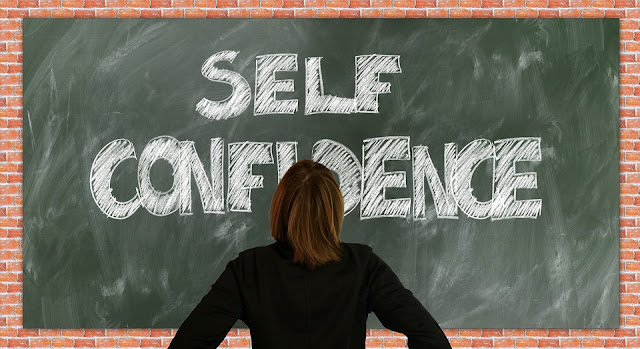The Art of True Confidence
What Is Self-Confidence?
Self-confidence is a healthy way to communicate. It is the ability to defend oneself honestly and respectfully. Every day, we face situations in which having confidence and security in us can be of great help; for example when inviting someone to an appointment, when approaching a teacher to ask him a question or when appearing for an interview for the university or work.
Not everyone is confident in themselves naturally. Some people communicate too passively. Other people have a too aggressive style. A safe style is an ideal balance between these two extremes.
Being confident means the following:
- You can express other's opinion and say how you feel.
- You can order what you want or need.
- You can express your disagreement in a respectful way.
- You can make suggestions or make your ideas known.
-You can say "no" without feeling guilty.
-You can defend another person.
Is It Important?
A secure communication style can help us do what we want, but it is much more than that. When we feel confident in ourselves, we respect others. People who speak with confidence show that they believe in themselves. They are not too shy or too overwhelming. They know that their ideas and feelings are important. They have confidence. Confident people often make friends more easily. They communicate with respect to the needs of other people and their own needs. They are usually good at resolving conflicts and disagreements. Often, people who act too passively end up feeling that others take advantage of them. They may feel hurt, angry or resentful.
If you do not express what you think and what you feel, others cannot get to know you or understand you as much as they could. The group does not benefit from your contributions or your ideas.
If you start to feel that your opinion or your feelings do not count, you may lose confidence in yourself and not have the possibility of being recognized and appreciated for your good ideas. This can lead to feelings of depression.
People who communicate too aggressively may have difficulty keeping friends. They probably dominate the conversations or express their opinion too forcefully and vehemently, and others feel rejected or offended.
People with an aggressive style can get other people to do things the way they want; but in many cases, they end up being rejected or despised. Often, others stop respecting them.
Why don't we all have confidence in ourselves? Why do some people communicate safely while others do so more passively or aggressively? In part, it is simply due to personality. It is also due to the habits we develop or the experiences we go through. But, in addition, we learn to be confident, passive or aggressive by seeing how others act; especially, the people who educate us.
These are some of the things that can influence people to act too passively:
- Having the lack of confidence in yourself or lack of appreciation of others opinions.
- Worry too much about pleasing others or pleasing others.
- Worry about whether others will not agree or reject your ideas or opinions.
- Feeling sensitive to criticism or hurt by past experiences, in which our ideas were ignored or rejected.
- Did not develop the skills to feel self-confidence.
These are some of the things that can influence people to act too aggressively:
- Feeling overly self-confident.
- Focused too much on satisfying his own needs.
- Expressing opinions without respecting or considering the views or needs of other people.
- Not listening or asking others to express their opinions.
How To Gain More Confidence In Yourself
- To have confidence in oneself it is necessary to put into practice some communication skills and have the appropriate internal attitude.
- Some people have by nature, more skills to demonstrate self-confidence. Others need to practice more. But we can all improve.
This is the way to do it:
2.) If you need to work to be less passive and safer:
3.) Pay attention to what you think, what you feel, what you want and what you prefer. You must be aware of these things before you can express them to others.
When you express yourself with confidence, you show that you believe in yourself. Building trust in yourself is a step to improve and become the person you want to be.







Comments
Post a Comment